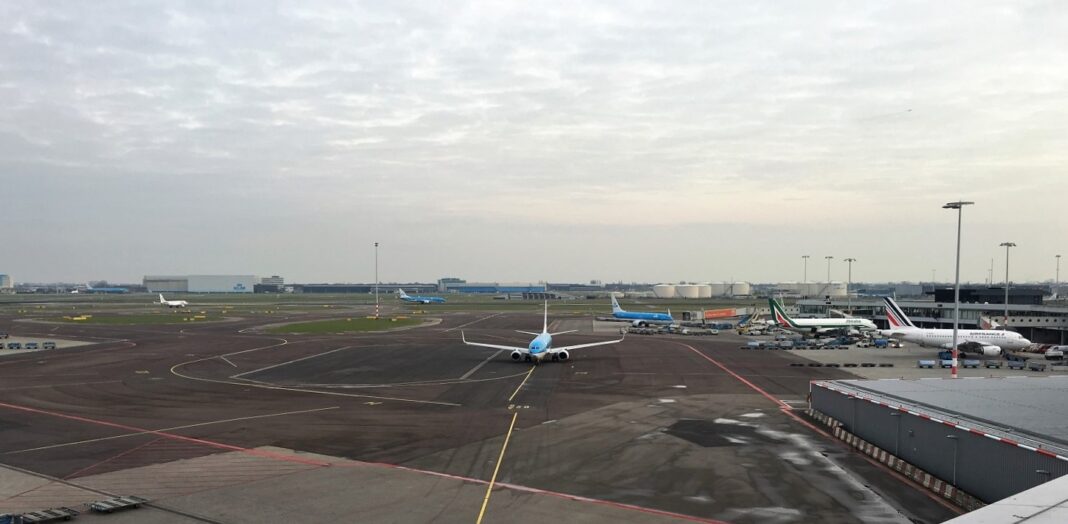The International Air Transport Association (IATA) together with a group of airlines filed a legal challenge against the Dutch government’s decision to reduce capacity at Amsterdam-Schiphol International Airport (AMS) in order to lower noise impact and carbon dioxide emissions.
Currently, capacity of the air terminal serving the Dutch capital is limited to 500.000 operations per year. However, the new government decree, which could come into force as early as November, would reduce that figure to 460.000 flights.
IATA against flight reductions in Schiphol
In a press release, IATA said the decision «contravenes European Union Regulation 598/2014 on noise-related operating restrictions at EU airports». «It also disregards the Chicago Convention, a binding international agreement to which the Netherlands is a signatory», the trade association added.
«The Netherlands is handicapping its economy by destroying connectivity», said Willie Walsh, IATA’s Director General. «The job-destroying hostile approach to aviation that the Dutch government has chosen is a totally disproportionate response to managing noise», he added.
Walsh added that «the government has even refused to engage in meaningful consultations and made flight reductions the goal, rather than working with industry to meet noise and emissions reduction goals while restoring employment and revitalizing the post-pandemic economy». He said it is «a dangerous precedent» that should be challenged in court.
Airlines also opposed
Air France-KLM, which accounts for about 60% of Schiphol’s total traffic, has initiated legal action against the mandatory reduction of flights at the airport. Delta Air Lines, Corendon, Easyjet and Tui will also take similar action.
The operators point out that they have invested millions of dollars to meet short-term environmental targets, both their own and those set by public policy. In this sense, they state that the restrictions do not contemplate «viable alternatives».
Furthermore, they question the decision on the grounds that «no meaningful consultation was undertaken with industry». Airlines also argue that «flight reductions are being imposed as a first resort, rather than as a last resort».
The position of Schiphol’s administration
At the end of February, the management of Amsterdam-Schiphol stated that the measure is «a necessary intermediate step».
In an official statement, representatives of the air terminal, one of the largest in Europe, explained they «realise that aviation also affects air quality, noise pollution and the climate» and declared that they are «fully committed to reducing noise nuisance and emissions».
In this regard, they express the need to establish new rules that provide a clear perspective for the actors in the sector but that, in turn, benefit the residents of the area.
For this reason, they believe that a new Airport Traffic Decree should be put in place to establish more stringent environmental regulations that «make it clear to the aviation sector what is and what is not possible».
See also: Heathrow and Schiphol keep daily passenger numbers capped






